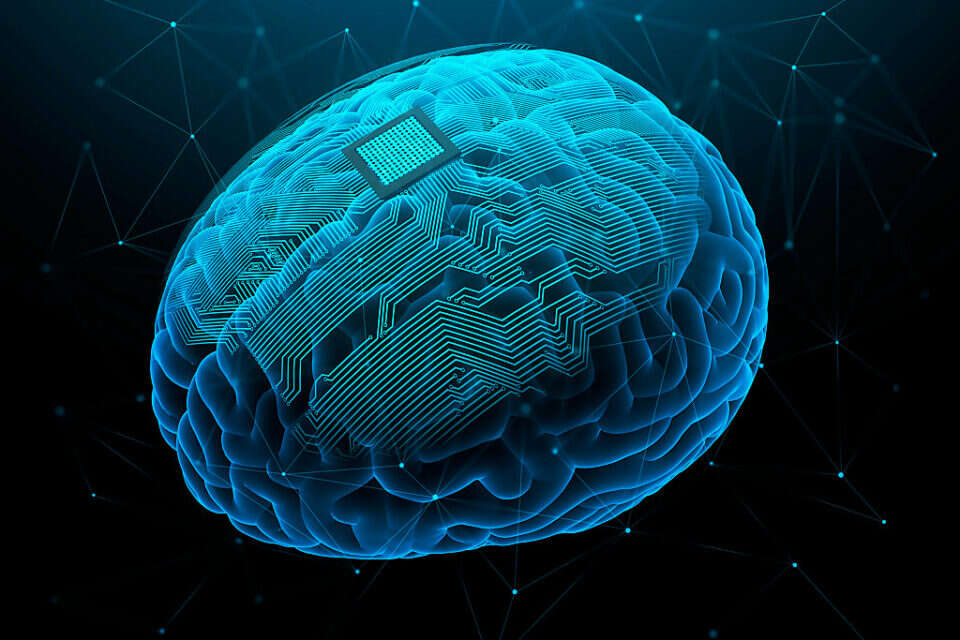Dozens of experts, researchers and scientists have signed a document arguing that artificial intelligence could spell the end of humanity. Despite the emphatic language used by the experts, researchers and other developers in the field argue that this is blown out of proportion or simply wrong.
"Combating the risk of human extinction due to AI should be a global priority alongside other societal threats such as pandemics and nuclear war," the Center for Artificial Intelligence Safety said in a statement.
Among the signatories of the explosive document, which has become a heated debate among the scientific and technological community, are researchers and developers in the field of artificial intelligence and those who work for some of the leading brands in the field. Sam Altman, a senior member of GPS Chat, Demis Hasib, a senior executive at Google's "Deep Mind" project, and Woodrio Amodai of Entropic are among the signatories of the call.
Dr. Geoffrey Hinton, a British cognitive psychologist and computer scientist and one of the leaders in the fight against artificial intelligence and its effects, also signed the document. Hinton is known as one of the biggest opponents of artificial intelligence and previously left the United States after the Reagan administration supported development in the field of smart computing for defense purposes.
Hinton is considered one of the forefathers of artificial intelligence due to groundbreaking research in the field. Another researcher who is considered one of the fathers of artificial intelligence, Professor Joshua Banguio of New York University, also signed the call from the Center for Artificial Intelligence Safety and has expressed concern in the past about the future possibility that development in the field will turn against humanity.
Reminder: most AI researchers think the notion of AI ending human civilization is baloney.
— Pedro Domingos (@pmddomingos) May 3, 2023
However, many in the scientific community believe that the letter and the panic over the possibility that artificial intelligence will lead to the extinction of humanity are exaggerated or even false. Professor Jan Lecon, sometimes described as the "godfather of artificial intelligence", told BBC News that the concerns expressed in the letter were "inflated and not based on science but on science fiction literature".
Pedro Domingos, a professor of computer science and a world-renowned expert on artificial intelligence and machine learning, wrote on Twitter: "Reminder: Most computer scientists think the idea that AI will end human civilization is complete nonsense."
Wrong? We'll fix it! If you find a mistake in the article, please share with us

